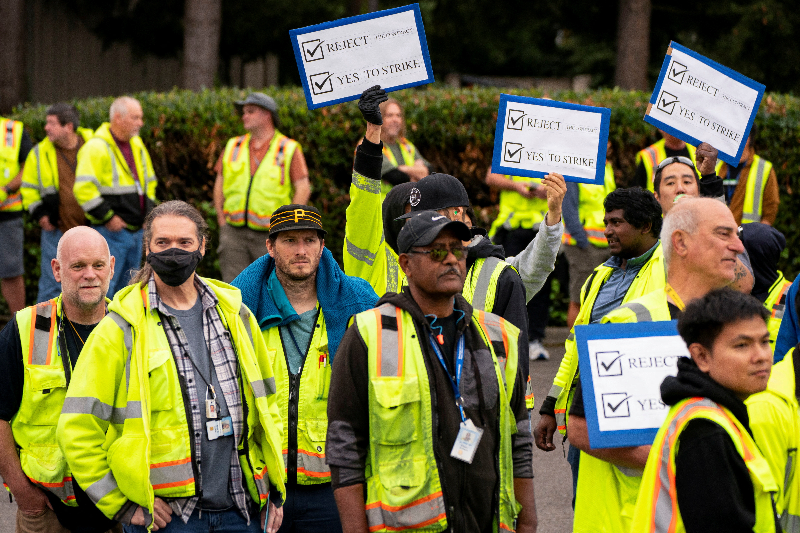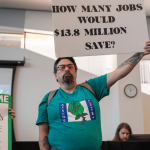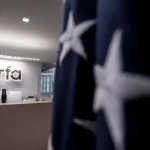
boeing factory workers strike after 96% vote for walkout
On 13th September 2024, the Boeing factory workers on the west coast went on a strike after a 96 percent vote in the strike. This strike involves approximately 30,000 employees who work in Boeing’s manufacturing facilities in Seattle and Portland and halt the production of the organization’s bestselling plane, 737 MAX. The strike is the first time in 6 years and poses problems for Boeing, especially since the firm has been dealing with production issues as well as having a large amount of debt.
Reasons Behind the Strike
The strike is as a result of dissatisfaction the workers had with a new contract that Boeing was offering, which the workers had rejected. The new contract more specifically caused much dissatisfaction among the members of the International Association of Machinists and Aerospace Workers (IAM) because of the proposed 25% wage rise and $3,000 signing bonus. Even though IAM leaders urged acceptance of the offer, many of the workers felt that these terms were not as good as those they demanded at the beginning, which were a 40 percent pay increase and return of an annual bonus.
Boeing’s Response
While receiving the outcome, Boeing admitted that it was a rejection of the proposed deal and was proof that the offer was unwelcome by the workers. The company reaffirmed its willingness to deal with the union and said that it is willing to resume negotiations. However, the future is still unclear and no time frame has been given as to when the negotiations will continue.
Related Posts
Newly appointed CEO, Kelly Ortberg who joined the company in August has the herculean task of handling the workers’ issues as well as the organizational challenges. In a letter to the employees, Ortberg threatened to tell the customers that their business could be in jeopardy if the strike extends for long and affects Boeing’s recovery process. It was particularly stated that it is necessary to work together to define the further strategy of the company.
Impact of the Strike
The strike is strategic for Boeing as well as the suppliers, and the airline industry as a whole. Delays in production have been observed in Boeing and the delivery of aircrafts to clients has been significantly impacted and the walkout will likely worsen the problem. For instance, the Air India CEO Campbell Wilson pointed out that Boeing’s 737 MAX deliveries had already been slowed down because of the supply chain and regulatory concerns. It could lead to more disruptions and this will have effects on the airline industry across the world.
A long strike could be a problem to Boeing as it may cost the company between $3 billion to $3. As a result, the world’s largest fast-food chain was able to generate $5 billion in cash flow in 50 days. The last strike that occurred in 2008 took 52 days, and as a result, Boeing’s revenue declined by approximately $100 million per day. A long-term strike may also impact the credit rating where S&P Global Ratings and Moody’s have raised concerns toward Boeing’s financial position given that the airplane maker has $60 billion in debt.









